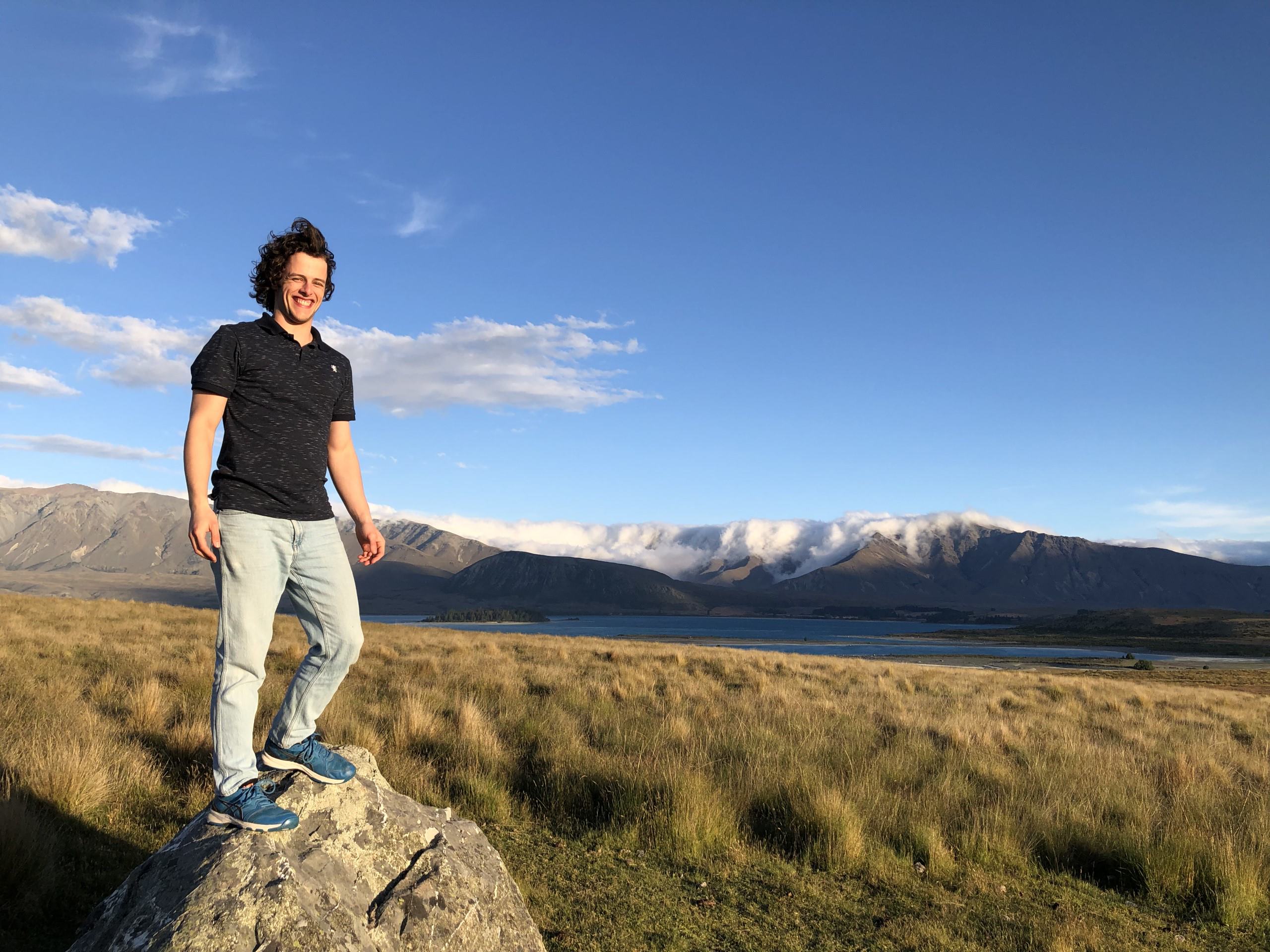
When should children care for their own hearing aids?
November 18, 2016
Is an Audiologist a Doctor? Analyzing the ‘Married to Medicine’ debate
November 21, 2016How my Hearing Aids Helped my Tinnitus

I have suffered from tinnitus since I was 7 years old, and I always thought there was nothing I could do about it… until I got hearing aids.
I remember first noticing my tinnitus when I was watching TV one day and my left ear sounded like it had a drum beating away inside it. It came and went periodically, but wasn’t something I was forced to think about often.
By the time I was 12 or 13 years old, the tinnitus had significantly worsened to the point where I was regularly distressed and began to struggle with everyday activities. Sitting in the wrong part of the classroom at school would lead to a trigger from the road traffic or the boys’ breaking voices. The joy of playing in the local orchestra was overridden by the need to find the precise place I could sit in relation to the cellos and double basses.
If I failed to prevent a trigger (which was more often than not), the anger and frustration would become overwhelming. I knew that for the remainder of the day I would be trapped in a mind with a cacophony of sounds including hums, squeaks, drums, bells, and more. Sometimes, my tinnitus even sounded like words or music.
“I knew that for the remainder of the day I would be trapped in a mind with a cacophony of sounds including hums, squeaks, drums, bells, and more. Sometimes, my tinnitus even sounded like words or music.”
I eventually sought help from my general practitioner, who referred me to a specialist Tinnitus Therapist based at the main hospital. She helped me learn how to deal with many of the noises whizzing around my head by using Tinnitus Retraining Therapy (TRT). However, it wasn’t until I received hearing aids that my tinnitus began to truly lessen.
My type of tinnitus is thought to be as a result of my brain not receiving enough sound stimulation due to my hearing loss, so it produces its own sound. When I received my Phonak hearing aids, the increased sound from the real world began to mask the tinnitus more effectively, as my brain no longer needed to generate sound from within.
“When I received hearing aids, the increased sound from the real world began to mask the tinnitus more effectively, as my brain no longer needed to generate sound from within.”
According to the British Tinnitus Association, the cause of tinnitus in the general population is not yet fully understood. All age groups experience tinnitus (including very young children), particularly if they have recently been exposed to loud noise. However, up to 10 percent of the UK population experiences constant mild tinnitus which may affect the quality of their lives. Even fewer experience moderate or severe levels of tinnitus.
Like me, tinnitus is an everyday occurrence for many deaf or hard of hearing people, and using hearing aids may help.
Although tinnitus cannot be cured, it can certainly be managed with a number of techniques. For those of you who have found white or pink noise to be beneficial to your treatment plan, ask your audiologist or tinnitus specialist about Tinnitus Retraining Therapy or adding a noise generator program to your hearing aids. Experiencing tinnitus can be horrible, but with the right support and help it doesn’t have to rule your life!
Have you found relief for your tinnitus? I’ d love to read about your experiences in the comments!



